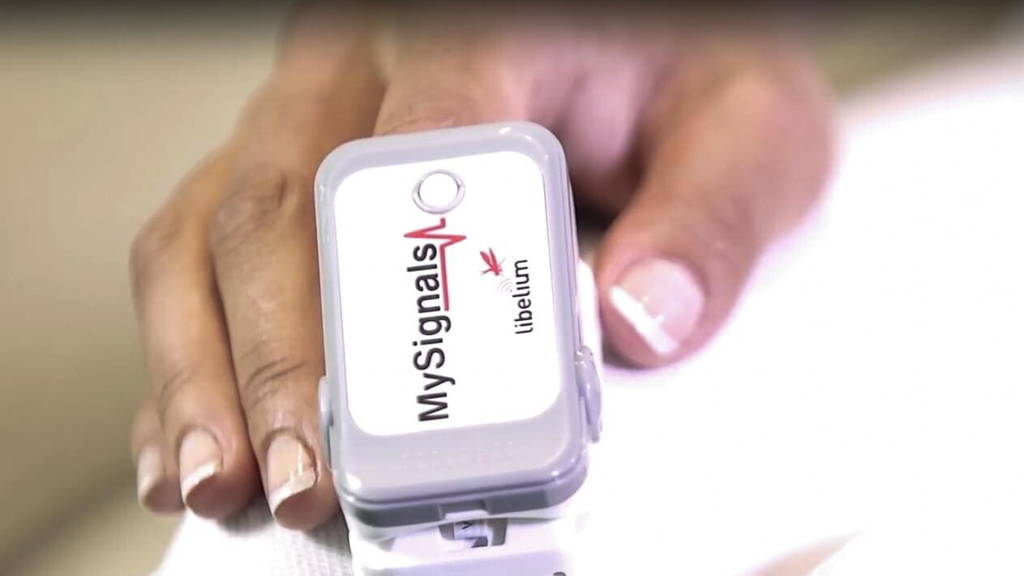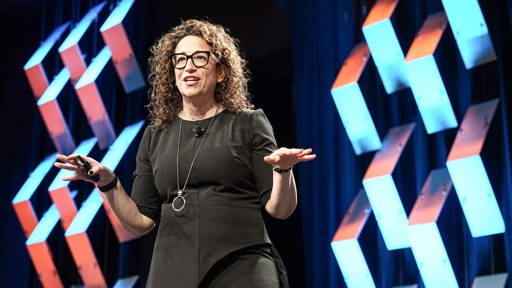The platform allows real time visualization of the data gathered and also to be stored on the MySignals' Cloud, where the information is sent encrypted enabling to manage different user profiles. MySignals is the Libelium's IoT e-health Platform and is meant to be a portable hospital, with the size of a book and according to the developer up to a100 times cheaper than current market solutions. MySignals is meant as a development tool for new medical IoT devices and e-health cloud services that need to be tested with real biometric values.
###Libelium###
With the new MySignals' version, users can choose from 17 different biometric sensors to measure the most important body parameters such as pulse, breath rate, oxygen in blood, temperature, electrocardiogram signals, blood pressure, muscle electromyography signals, glucose levels, galvanic skin response, lung capacity, snore waves, patient position, airflow and body scale parameters. An alarm button has also been included to connect the user with emergency services.
Twenty step-by-step video tutorials with settings and instructions enable a quick test of the platform in just a few minutes. "We wanted our clients to be using MySignals in minutes from scratch, so we decided to create these step-by step tutorials to make the process quick and easy", David Gascón adds.
Also, a recent trial on tele health in Australia revealed that self-health care monitoring technology could save $3 billion yearly to public health services in avoidable admissions to hospital, reduced length of stay and fewer demands on primary care.
Emergency room in a suitcase
The platform integrates in a small suitcase all the sensors and monitoring tools that can be found in an emergency observation room of a hospital, says David Gascón, Libelium’s CTO. “The new version of MySignals improves usability and navigation speed thanks to a more powerful and larger TFT touchscreen, creating a new user experience and allowing to have the system up and running in seconds."###Libelium###
With the new MySignals' version, users can choose from 17 different biometric sensors to measure the most important body parameters such as pulse, breath rate, oxygen in blood, temperature, electrocardiogram signals, blood pressure, muscle electromyography signals, glucose levels, galvanic skin response, lung capacity, snore waves, patient position, airflow and body scale parameters. An alarm button has also been included to connect the user with emergency services.
Twenty step-by-step video tutorials with settings and instructions enable a quick test of the platform in just a few minutes. "We wanted our clients to be using MySignals in minutes from scratch, so we decided to create these step-by step tutorials to make the process quick and easy", David Gascón adds.
Answer to main health challenge
MySignals is to be part of an answer to one off the main challenges of the century: enhancing the universal accessibility to a healthcare system for more than 2 billion people worldwide that live in rural areas with very limited access to hospitals.Also, a recent trial on tele health in Australia revealed that self-health care monitoring technology could save $3 billion yearly to public health services in avoidable admissions to hospital, reduced length of stay and fewer demands on primary care.








